Marching band practices hardly harmonious
As Burlingame’s football team practices in-person, its marching band stays distanced.
Photo courtesy of BHS concert band.
Kyoko Yamamoto (center) conducts BHS’s concert band while they play the ‘Up’ theme song over Zoom.
November 16, 2020
Before the COVID-19 pandemic hit, the 103 members of Burlingame’s marching band were preparing for the time of their lives. One Friday afternoon, a single email announcing that Burlingame would be moving to distance learning crushed their plans.
“Before March 13, we were practicing for our Disney tour, and we were going to march down Main Street USA,” Kyoko Yamamoto, Burlingame’s band director, said. “So every Wednesday morning, we were practicing marching and walking.”
Yamamoto teaches all three of Burlingame’s band classes: wind ensemble, jazz ensemble and concert band. All three of the groups come together to form Burlingame’s pep and marching bands, which play at home football and basketball games as well as school spirit events. The marching band is no small organization, with a repertoire of 50 songs that students are expected to play at performances.
“In practices, we really work on actual marching itself and music separately,” Yamamoto said. “And then the last few weeks before the show we put them together — both of them are equally important.”
However, since shelter-in-place began, the marching band hasn’t met in-person, with all practices being held on Zoom and students muted. No marching, no compulsories — the band’s marching drills — and certainly no Friday-night performances under the lights. Minami Mori, one of the two drum majors at Burlingame, explained the difficulty that distance learning has posed for the group.
“We were actually initially thinking about teaching [new students] the basics and steps but we ended up deciding to postpone it until we can meet in person because it just would end up being a waste of time,” Mori said.
As important as it is to get back together to practice marching, the band lacks a true reason to work in-person.
“If we were to give some sort of goal like a field show in April, then we would have a purpose for getting together and practicing. But we don’t have any of that in the future,” Yamamoto said.
While the band is struggling for a physical return date with no performances on the horizon, their performing counterparts, the football team, has started to practice in-person, in pods of 14 athletes. John Philopopoulos, Burlingame’s varsity football coach, has stressed his team’s return to a season in the winter as their rationale for this move. However, Philopopoulos also notes that he wants his team’s practices to be more physical and skill-specific — something that hasn’t been possible so far.
“We have a schedule with 10 games scheduled, so we’re preparing for that Dec.14 start date,” Philopopoulos said. “We hope that things move in the right direction and some of the restrictions get pulled back so we can have more team-oriented practice practices and more position-specific practices.”
As for marching band practices, Philippopoulos is in favor of whatever choice is made by officials and wouldn’t want to prematurely rush a return to normalcy.
“I would support whatever the county guidelines and district policies allow for, absolutely,” Philipopopoulos said. “We’re outdoors, keeping our social distance. We’re all following the rules, and I don’t feel at risk, worried or nervous.”
Mori doesn’t feel the same way, though. She believes that the band’s practices should be prioritized just as much as the football team’s; the way she sees it, if one goes back in-person, the other should too.
“Marching band is usually spread out all the time anyways,” Mori said. “There’s no instance where every student is clumped together in a ball — that’s just not how a marching band works.”
However, Mori also recognizes the risks posed by in-person practices. For example, wearing masks while playing instruments is nearly impossible, so upholding COVID-19 protocols would be difficult, even in an outdoor setting. Yamamoto also worries she might be unable to teach and look out for students at the same time.
“I’m by myself, I don’t have anybody who’s helping me,” Yamamoto said. “I’m the director and I’m the coach. I’m everything.”
In the meantime, the band has settled into a distanced setting, hard at work recording a performance that Yamamoto has been mixing throughout the semester.
“I’m having my students think of it as one part of being a great musician, which is to be a recording artist,” Yamamoto said. “Once we get to be together, then we’ll be on a tour and performing in front of an audience.”



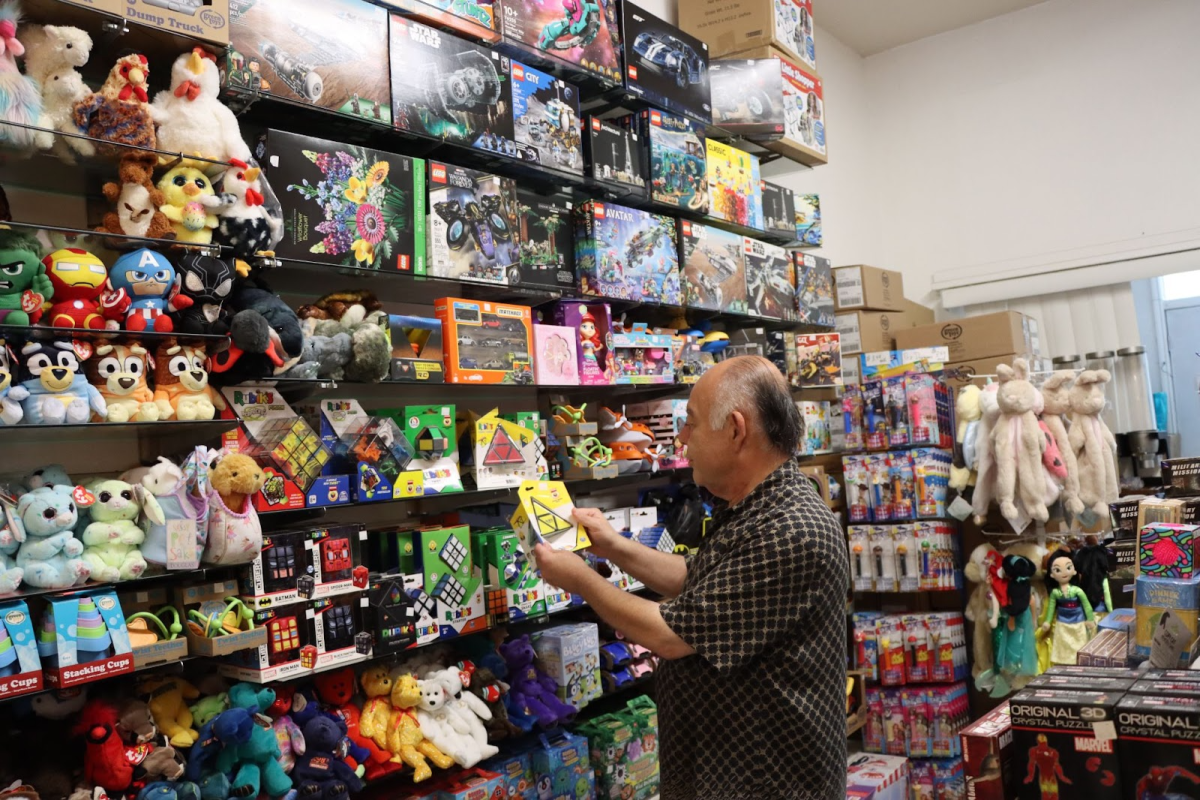
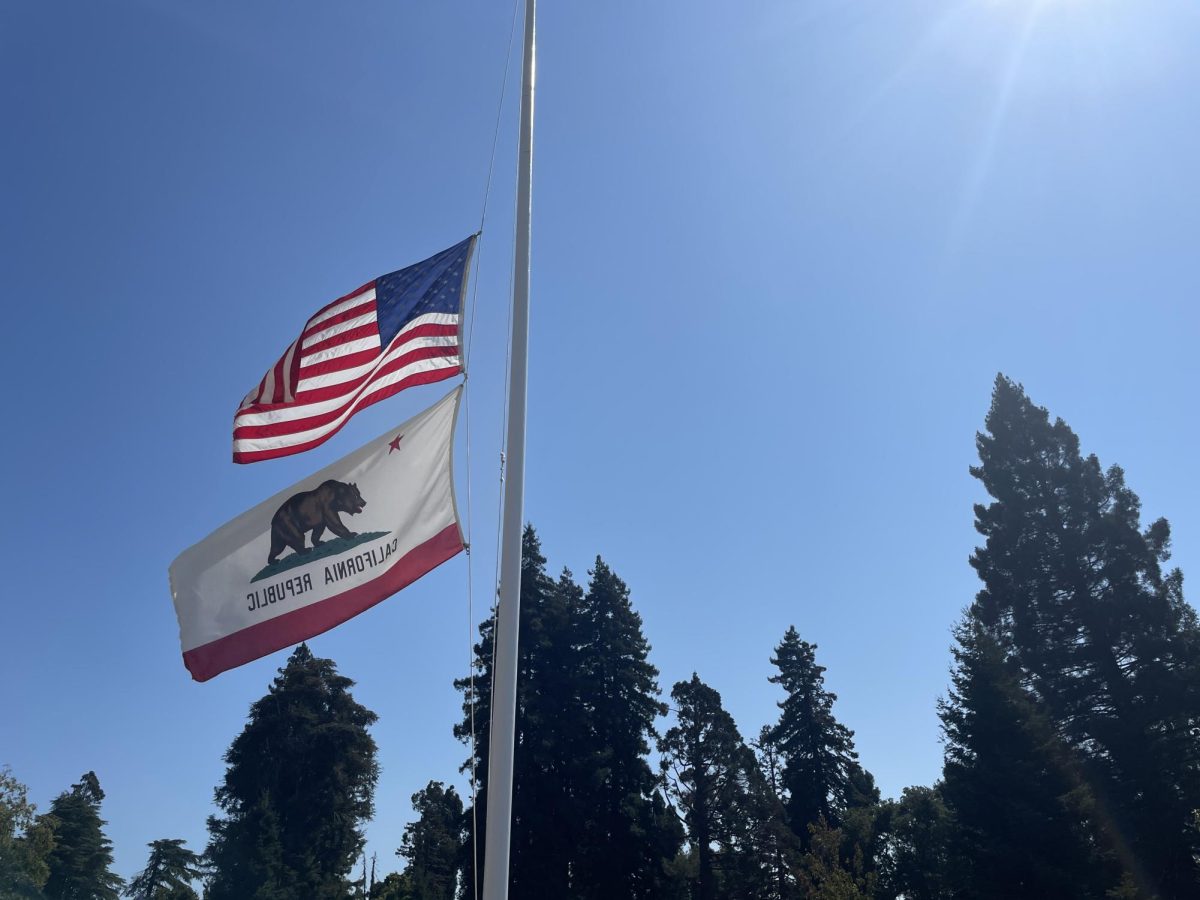
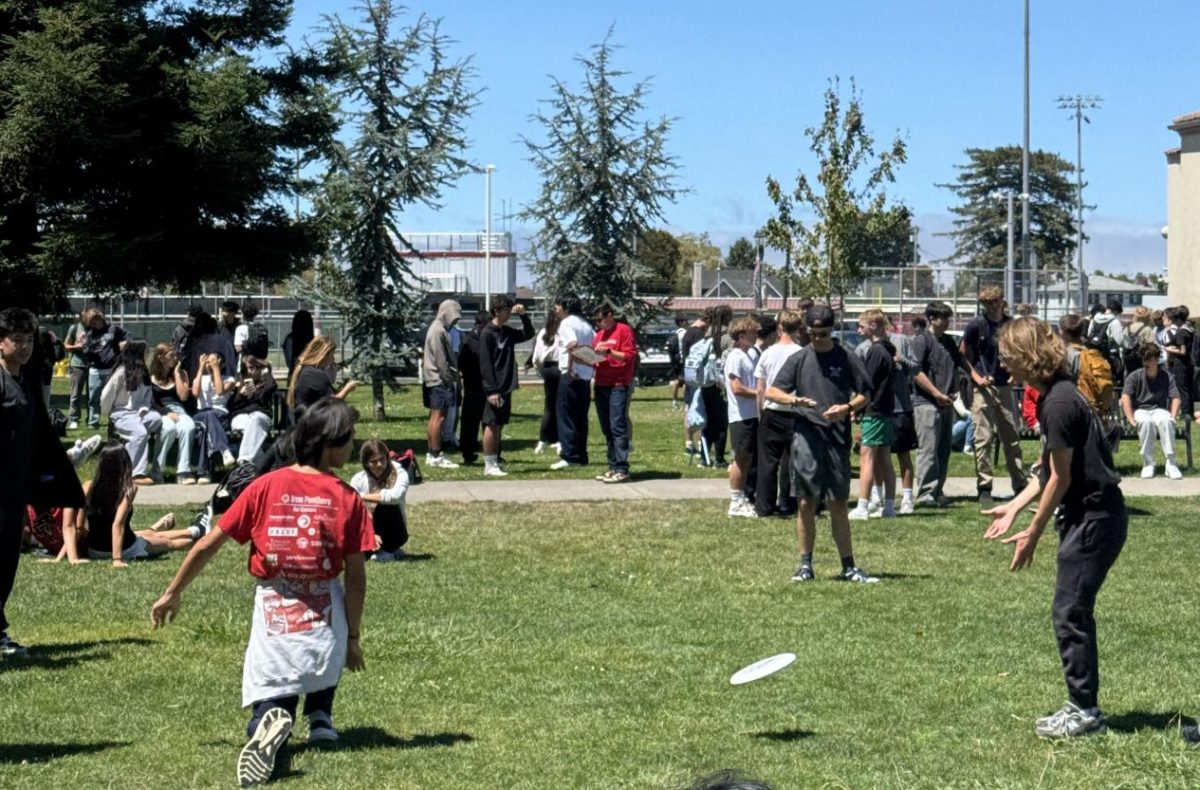

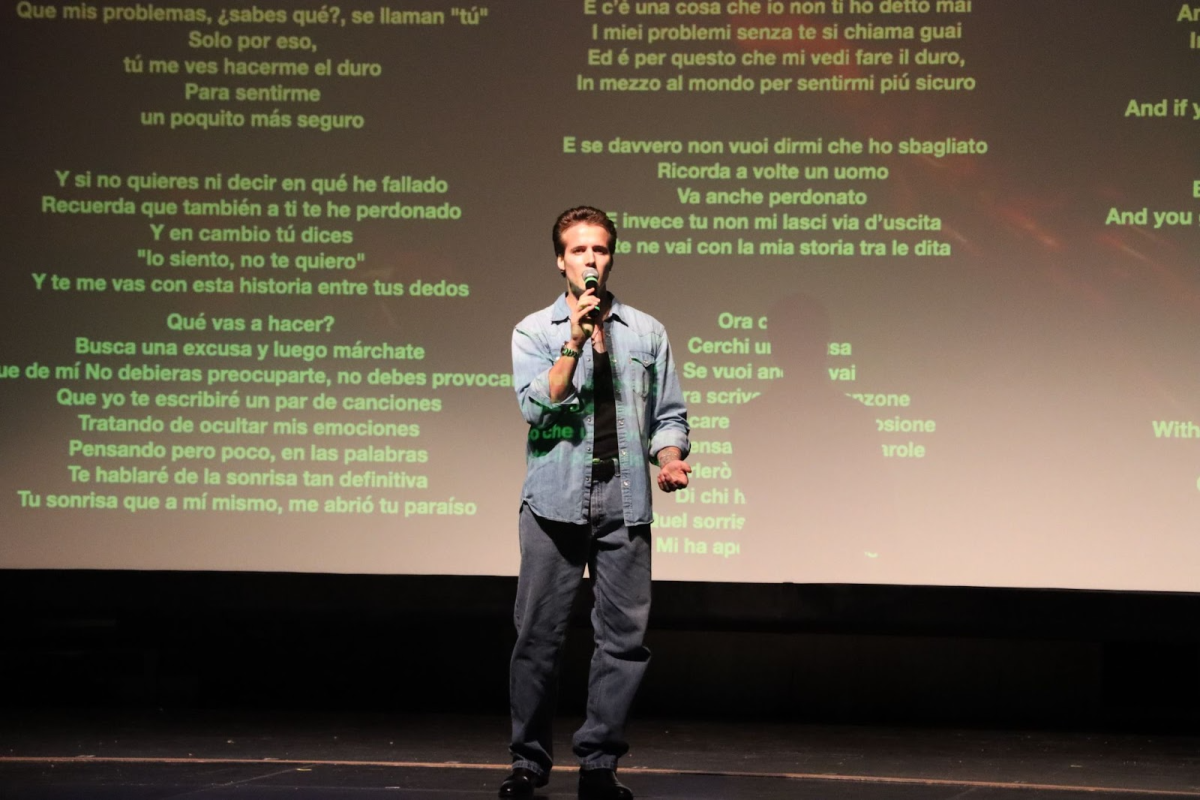
































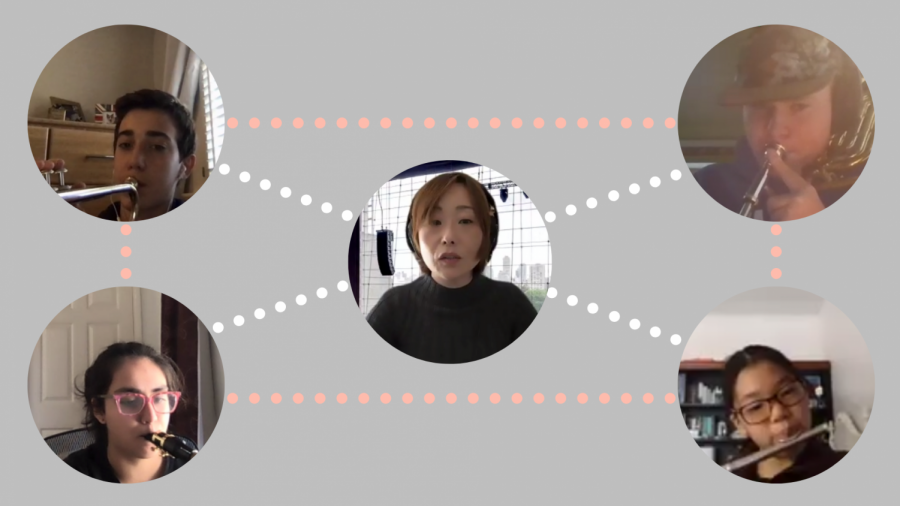

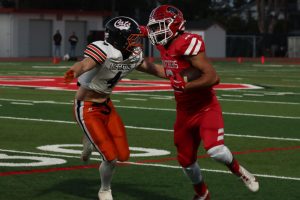


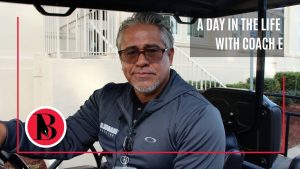

Elisabeth Graham Elliot • Aug 27, 2021 at 4:03 pm
So sorry you couldn’t join us at Disneyland! I’m on vacation walking through Washington Park and looked you up on Google and found this. We are working hard at Disneyland right now to get our performing arts programs back up and running so maybe we’ll see you this spring or after. Your school is very pretty!